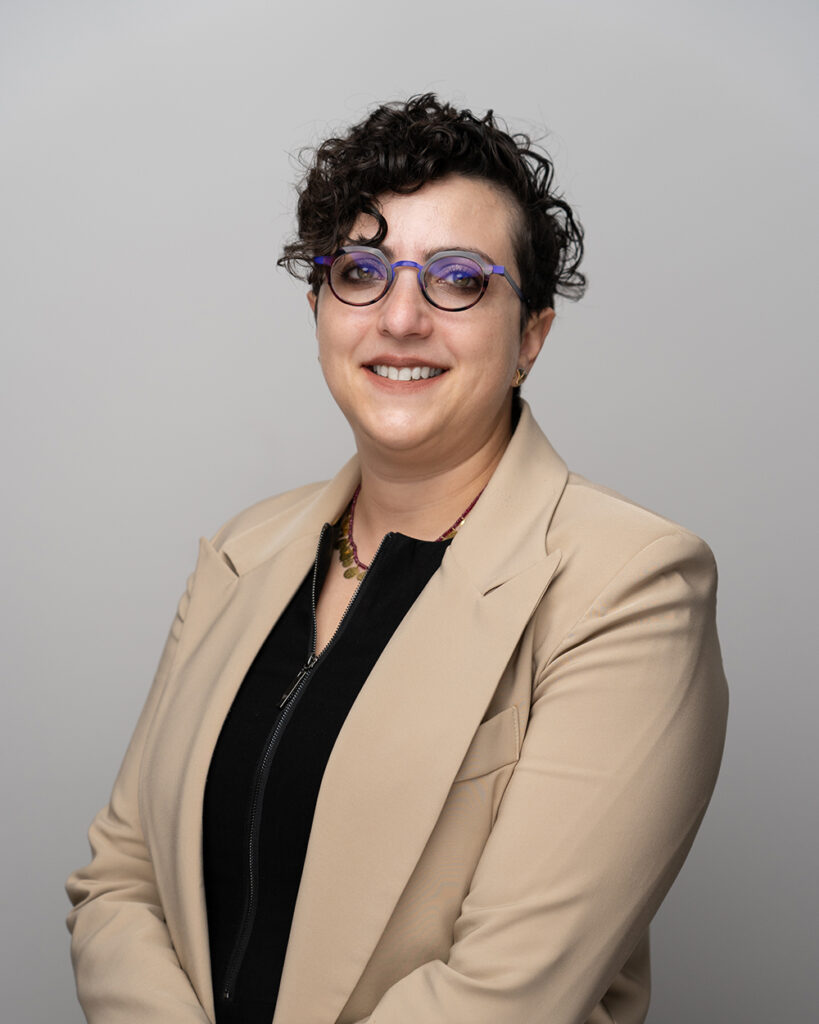
Dr. Monica Hanna
Dean of College of Arts and Sciences, College of Arts & Sciences

Dr. Monica Hanna, a prominent figure in the global Archaeology community, began her academic journey by studying Egyptology and Archaeological Chemistry at the American University of Cairo (AUC) in 2004. She furthered her education with an MA at AUC and a doctorate in archaeology at the University of Pisa, Italy. Her research, which delves into the spatial, cognitive, and identity aspects of archaeological sites, mainly focused on heritage’s diverse interpretations and influences on spatial and communal identities. Monica’s academic prowess was further honed as a post-doctoral fellow in the Topoi Cluster of Excellence in the Department of Egyptology and North African Studies at Humboldt University from July 2011 to November 2012.
After 2011, Hanna has been working with the media and a group of volunteers to bring awareness to the plight of different archaeological sites in Egypt. She courageously spoke and defended the heritage of Egypt and its protection. Hanna has been granted numerous awards, including the SAFE Beacon Award for 2014, for her efforts in salvaging antiquities under conflict. She was also named by UNESCO the Monuments Woman of 2014. She has also received ‘Distinguished AUC Alumna’ twice, once in Cairo in 2014 and the other in New York in 2015. She founded the College of Archaeology and Cultural Heritage in Aswan with several departments and a substantial cohort of students and professors.
In 2020, Dr. Monica Hanna’s influence in Egypt was further solidified when she was selected as one of the 50 most influential women in the country under the auspices of the Egyptian Prime Minister. Her impact is also evident in her collaboration with the University of Oxford, where she was awarded a research grant as part of Action for Restitution in Africa. Her current focus is on initiating a robust discourse on the decolonization of Western Museum collections, a testament to her influence and commitment to the field.
Her current research focuses on decolonizing archaeology, repatriation, and restitution amongst methods for accessibility to archaeology and heritage for the wider public, with a particular interest in digital humanities. In 2022, she and her research team launched the first public movement to repatriate the Rosetta Stone and the Bust of Nefertiti.